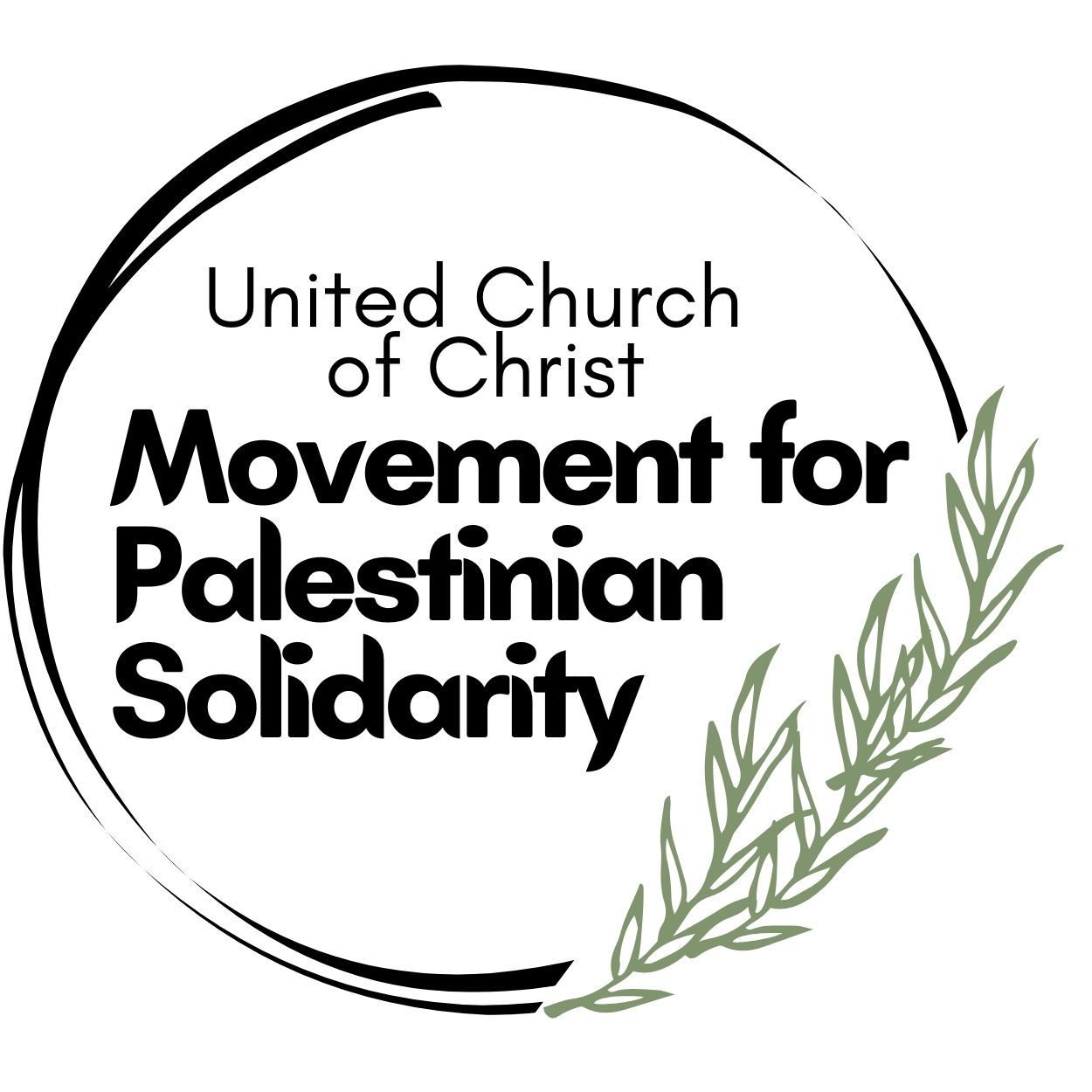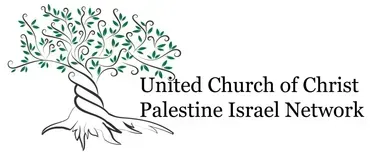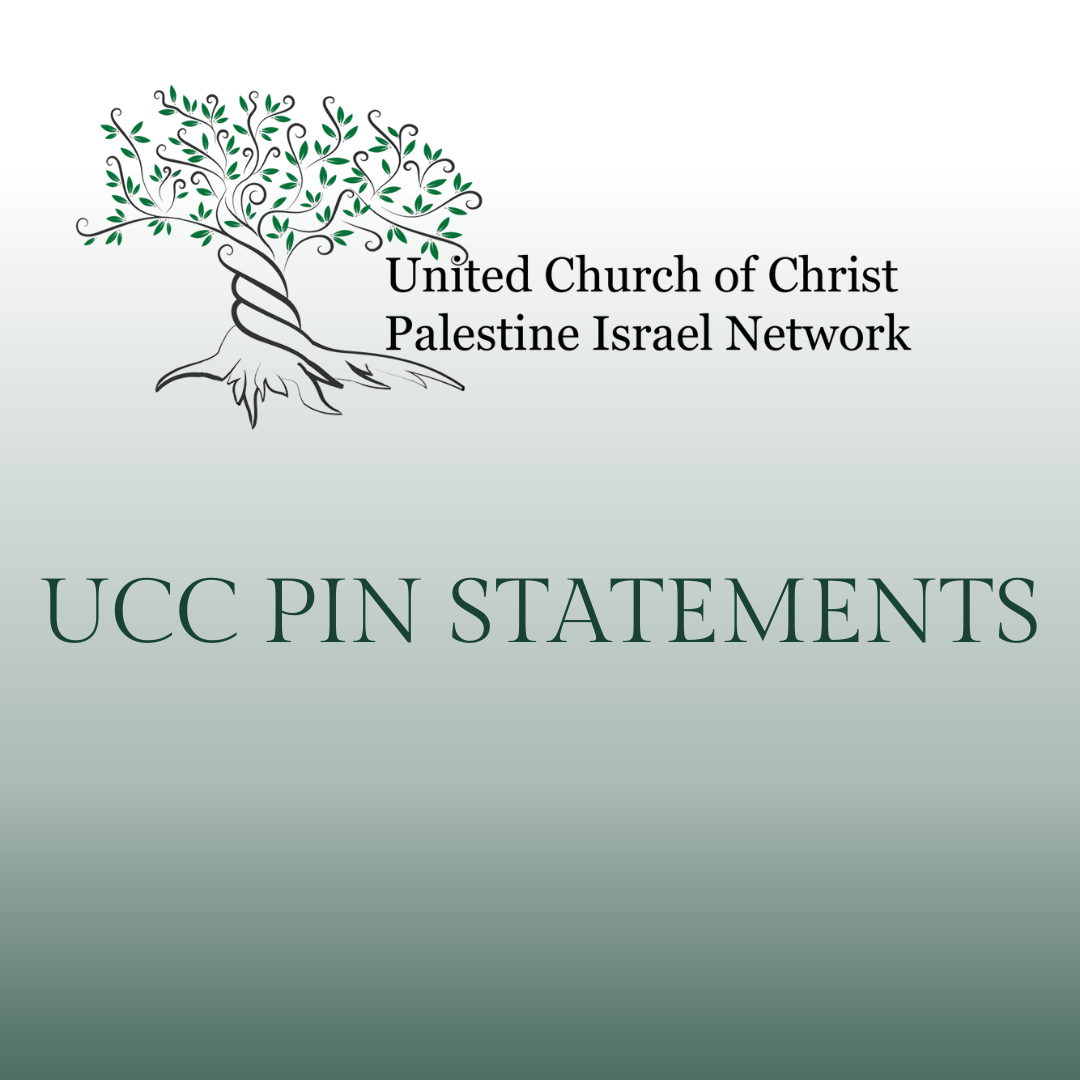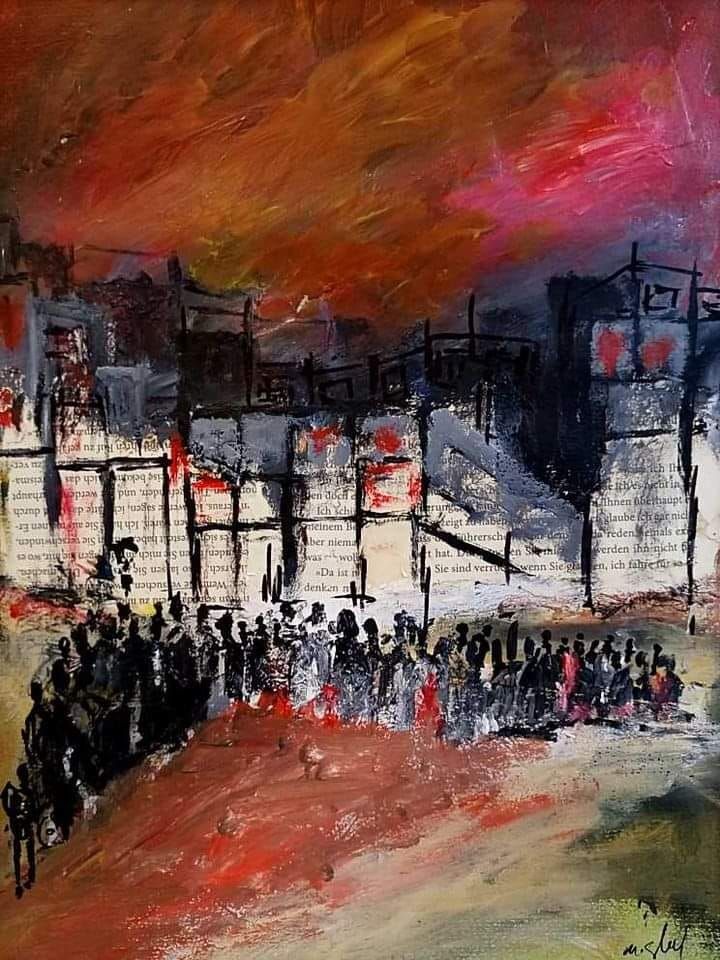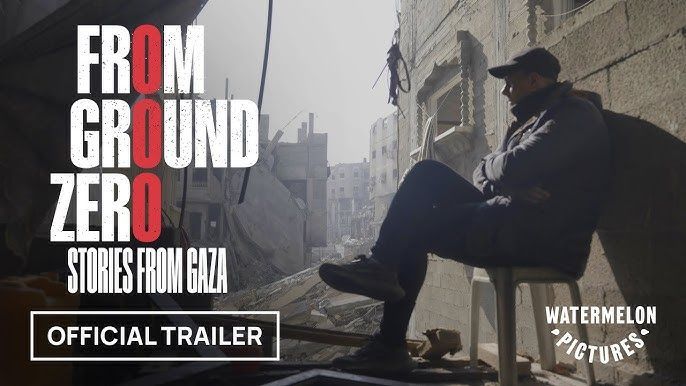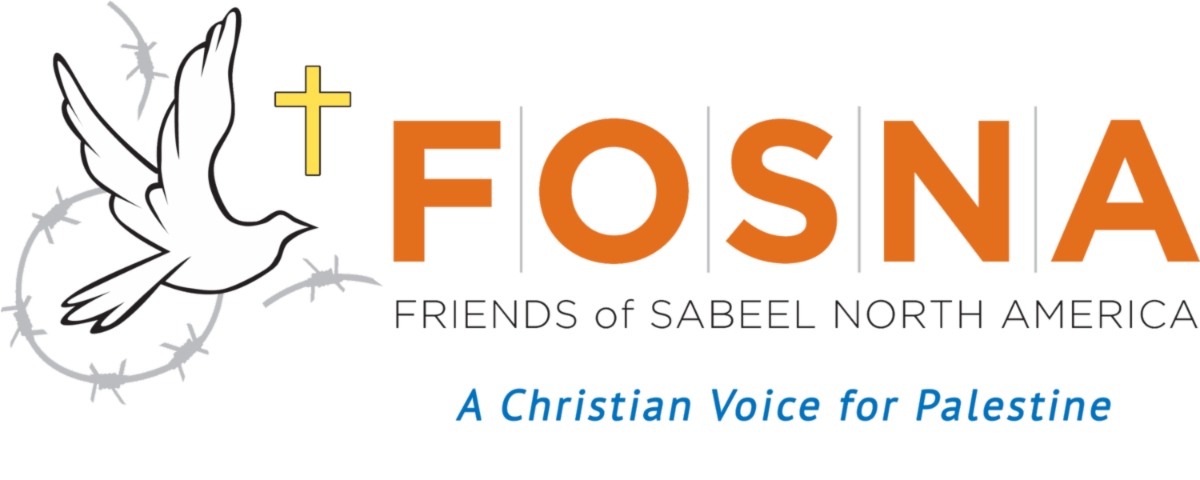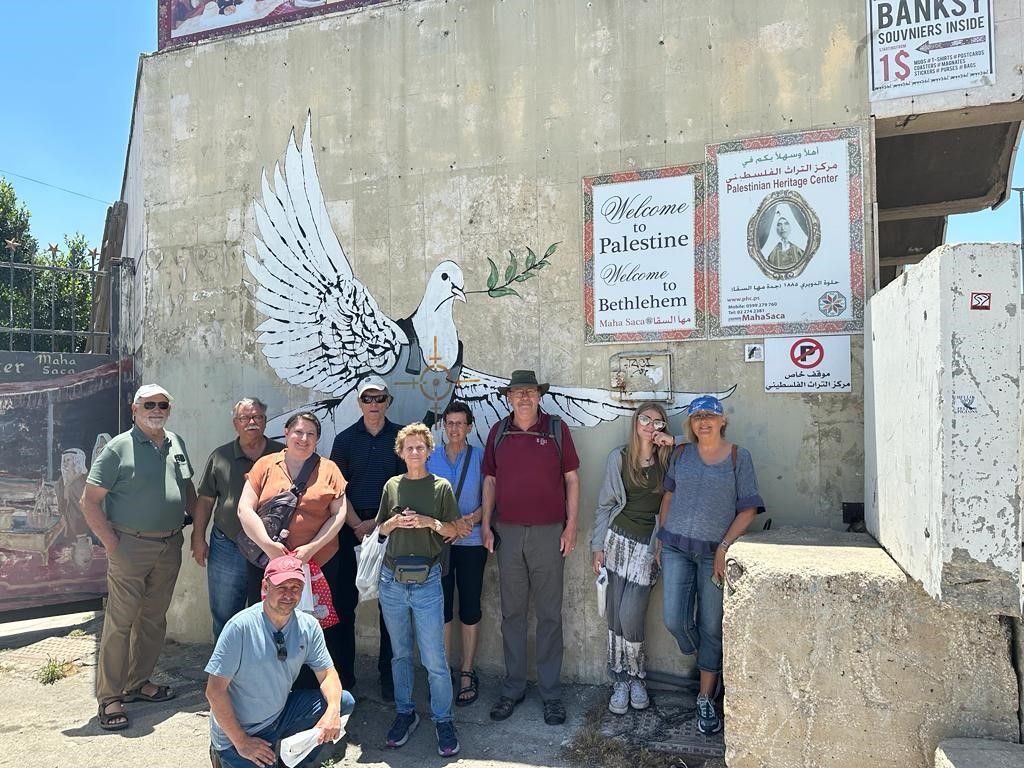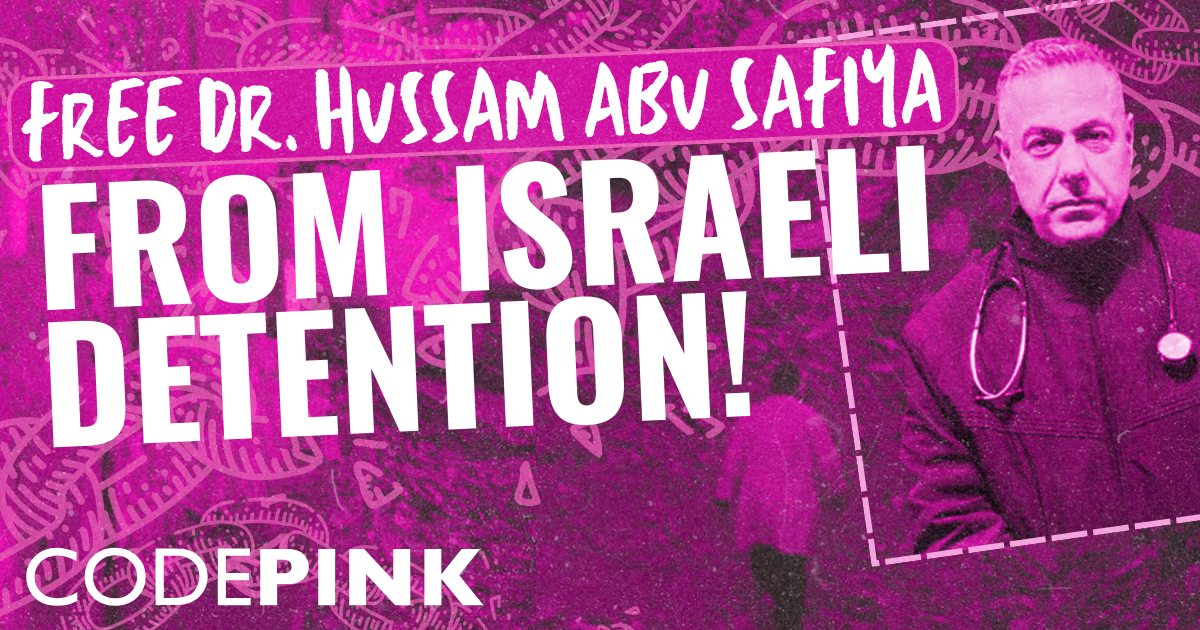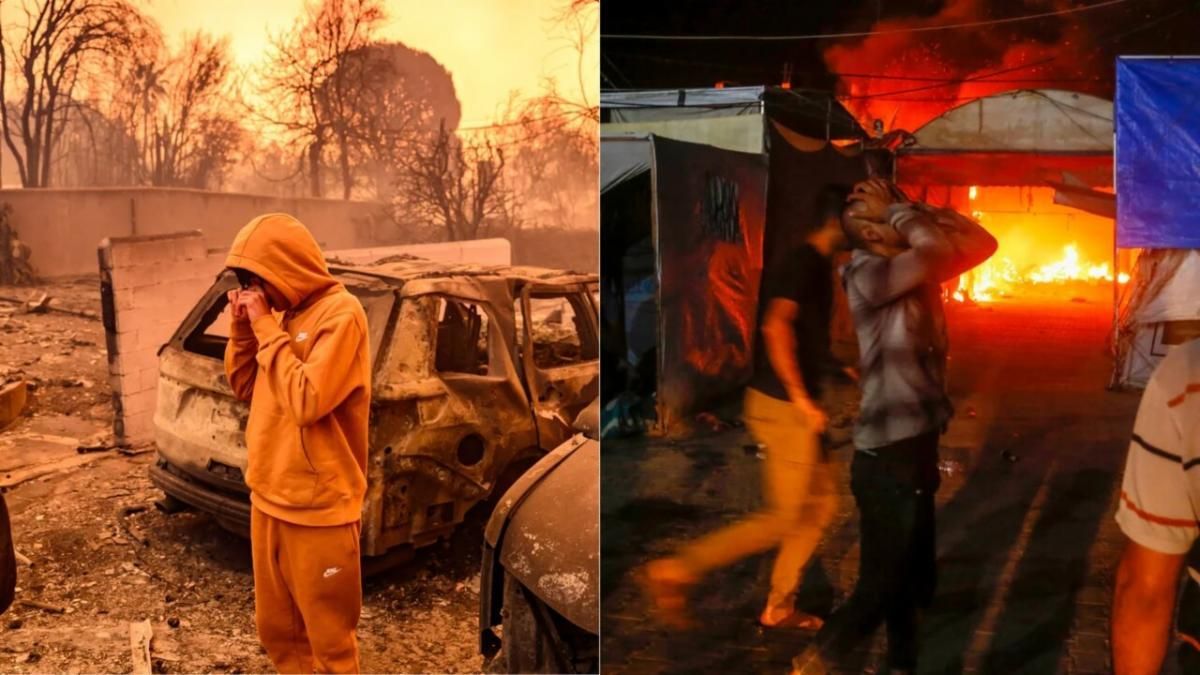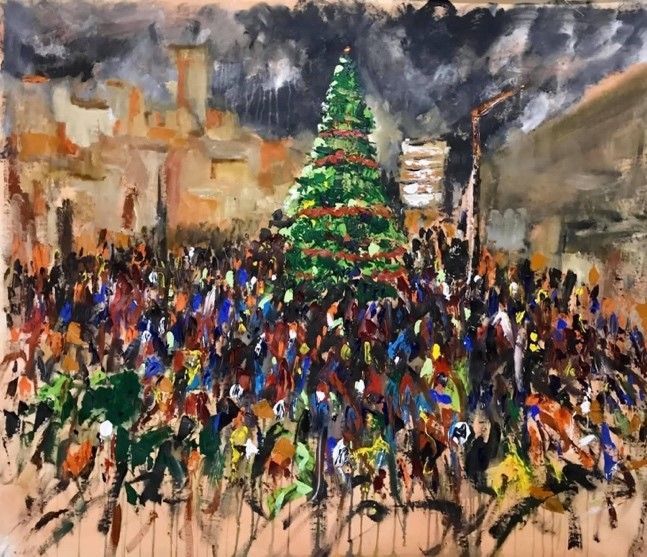“What Shall We Say?”: Reflections for Pastors on the Violence In Palestine and Israel
by the Rev. John Thomas, UCC PIN Steering Committee
Members of United Church of Christ congregations, along with their neighbors, are shocked, deeply troubled, and profoundly demoralized by the level of violence unleashed over recent days in Palestine and Israel that has left thousands dead, many more wounded, and some held as hostages. As Israel’s retaliatory assault on Gaza continues, the suffering will inevitably intensify while the grieving over the loss of loved ones in Israel and Gaza becomes a long season of agonizing sorrow and fear. We are awash in commentary from the media, politicians, and partisans. Congregations expect, however, to hear from their pastors as well. What shall we say?
The situation is complex. But complexity is no excuse for silence. The situation is frequently framed as ancient, intractable religious rivalries and hatreds. But the conflict of the twentieth and twenty-first centuries is primarily a political one based on political decisions made by political actors for political purposes. More often than not, religion has been the rationale used to justify political acts. And the situation invites despair. Yet our long-standing Palestinian partners, Christian and Muslim, as well as many Jewish Israelis and American Jews with whom we as a church are in relationship, consistently call us to hope as the durable foundation for courage in the struggle for justice and peace. So, what shall we say?
